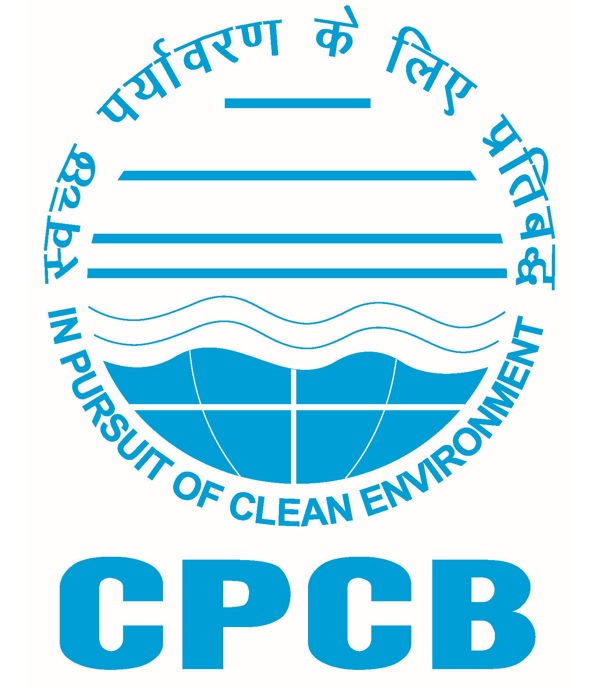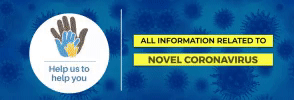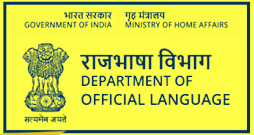
- HOME
- ABOUT CPCB
- STANDARDS
- CPCB'S ACTIVITIES
- CPCB's Technical Guidelines /SOPs
- Air Quality Management
- Mandate
- National Air Monitoring programme
- Air quality data
- Graded Response Action Plan
- PAAC - EPC (Environment Protection Charge)
- National Clean Air Programme
- AQMN Related Portals
- Clean Air Campaign
- Reports
- Publications
- Non Attainment cities /Million Plus Cities
- Source apportionment studies
- Delhi NCR - Old Vehicles List
- Specs of Manual PM2.5 Low Volume Sampler
- Water Quality Management
- Quality Assurance/Quality Control
- Waste Management
- Hazardous Waste
- Used Oil EPR
- E-Waste
- Waste Tyre
- Municipal solid waste
- Bio Medical Waste
- Plastic Waste
- Rules
- Technical guidelines
- Annual Reports
- Information on Compostable & Biodegradable Plastic
- Overview of Plastic Waste
- PWM Publications
- Directions issued
- Registration of Producers/Brand owners (PIBOs) under PWM Rules
- Withdrawl Notice of PRO registration
- Reports Submitted in Hon'ble NGT
- Action Taken Reports
- Single Use Plastics (SUP)
- Batteries Management
- Construction & Demolition waste
- Waste Management Technologies
- Contaminated Sites
- Industrial Pollution
- Pollution Control implementation
- Fly Ash Management and Utilization
- Online Monitoring of Industrial Emission & Effluent
- Categorization of Industrial Sectors
- CREP
- Critically Polluted Areas(CPAs)
- Common directions issued
- Monitoring of Industrial Discharge
- Noise Pollution
- Urban Pollution
- Pollution Control Planning
- Information Technology
- Research and Development
- Environmental Training
- NGT/Court Cases
- Public Relations
- Infrastructure Development
- Regional Directorates / Project Office
- Old Projects
- AIR | WATER | NOISE DATA
- Air Quality Data
- Daily AQI Bulletin (PDF)
- Live Air Quality Index
- Continuous tracking of ambient PM2.5 & PM10 concentration (as per GRAP)
- Live Air Quality Data of Monitoring stations
- Manual Monitoring Data
- Agra Air quality data
- Special Monitoring Data
- Ambient AQ Data - Delhi NCR
- Air Quality Forecast in Delhi-NCR (Source: SAFAR, IITM, Pune)
- Air Quality early warning for Delhi (Source-IITM)
- Water Quality Data
- Noise Monitoring Data
- Air Quality Data
- LABORATORIES
- CONTACT US

















